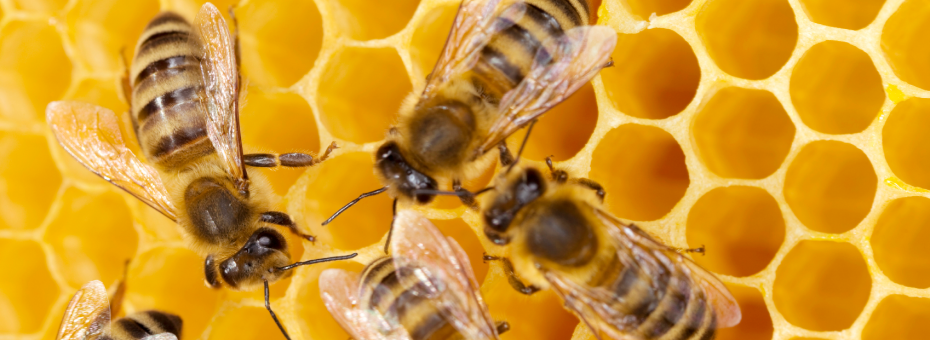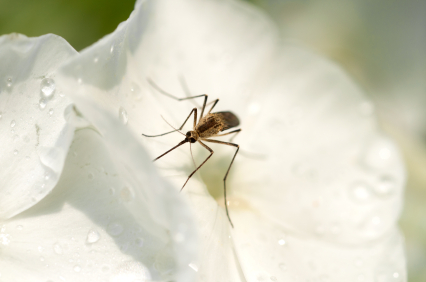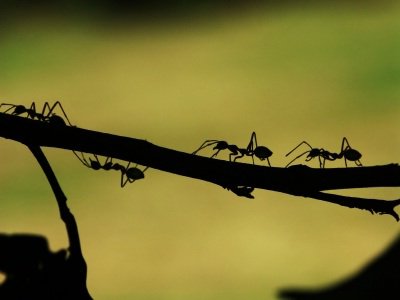Research Shows Pesticides Causing Honey Bee Decline
New research is finally beginning to answer why honey bees are disappearing throughout the United States. Honey bees are crucial to global food production as they are essential to crop pollination. Without a healthy supply of honey bees, crops cannot pollinate and therefore do not produce. As the bee population declines, food production becomes more difficult and expensive. Solving this problem is extremely important to ensure enough food is produced during growing seasons. Without the bees, famine is inevitable.
Scientists are attributing mites, habitat destruction, and chemical pesticides as the root problems. Pesticide use can be immediately addressed with environmentally safe alternatives. Organic pest control is an effective method to prevent unwanted insects from infiltrating farms and gardens. Even using chemical pesticides at home in your garden or flowerbed has an impact. Although small, when you consider the other thousands of homeowners that use chemical pesticides, the damages quickly become greater. Switching to organic lawn care, organic pest control, and organic weed control is a quick and effective way to reduce negative environmental impacts at home. BR Green’s products are Earth, Pet, and People friendly. Contact us today for a free consultation.
PLUMMETING bee populations across the world have mystified and worried scientists for decades, but now they believe they can be sure of at least one of the answers. Common crop pesticides have been shown for the first time to seriously harm bees by damaging their ability to navigate home.
The research links the pesticides to the serious decline in honey bees in the US and Britain, a fall of about 50 per cent in the past 25 years. The losses threaten food supplies as bees pollinate a third of the food we eat, such as tomatoes, beans, apples and strawberries.
Scientists found that bees consuming one pesticide suffered an 85 per cent loss in the number of queens their nests produced, while another study showed a doubling in bees failing to return from food foraging trips. The significance of the new work, published in the journal Science, is that it is the first carried out in realistic, open-air conditions.
”People had found pretty trivial effects in lab and greenhouse experiments, but we have shown they can translate into really big effects in the field. This has transformed our understanding,” said Professor David Goulson at Scotland’s Stirling University, leader of one of the research teams. ”If it’s only one metre from where they forage in a lab to their nest, even an unwell bee can manage that.”
The reason for the decline in bee numbers has been uncertain, but pesticides, the varroa mite and other parasites, and destruction of flower-rich habitats are believed to be the key reasons. Pesticide manufacturers and the government in England deny that a class of the chemicals called neo-nicotinoids cause problems for bees, but Germany, Italy and France have suspended key insecticides over such fears.
Read more: http://www.smh.com.au/world/pesticides-linked-to-global-bee-crisis-20120330-1w3pl.html#ixzz1qcwSkvDn














Leave a Reply
Want to join the discussion?Feel free to contribute!